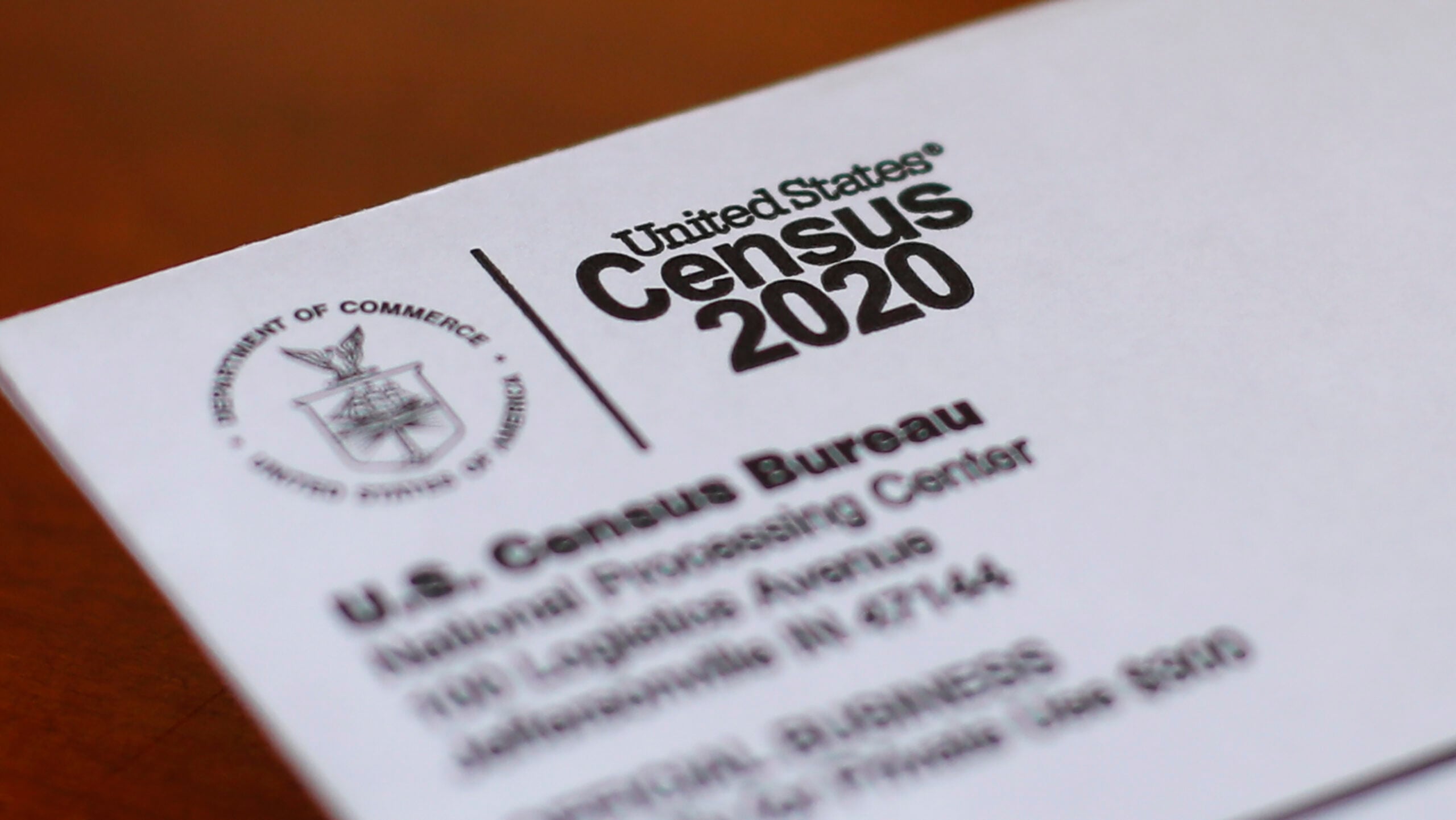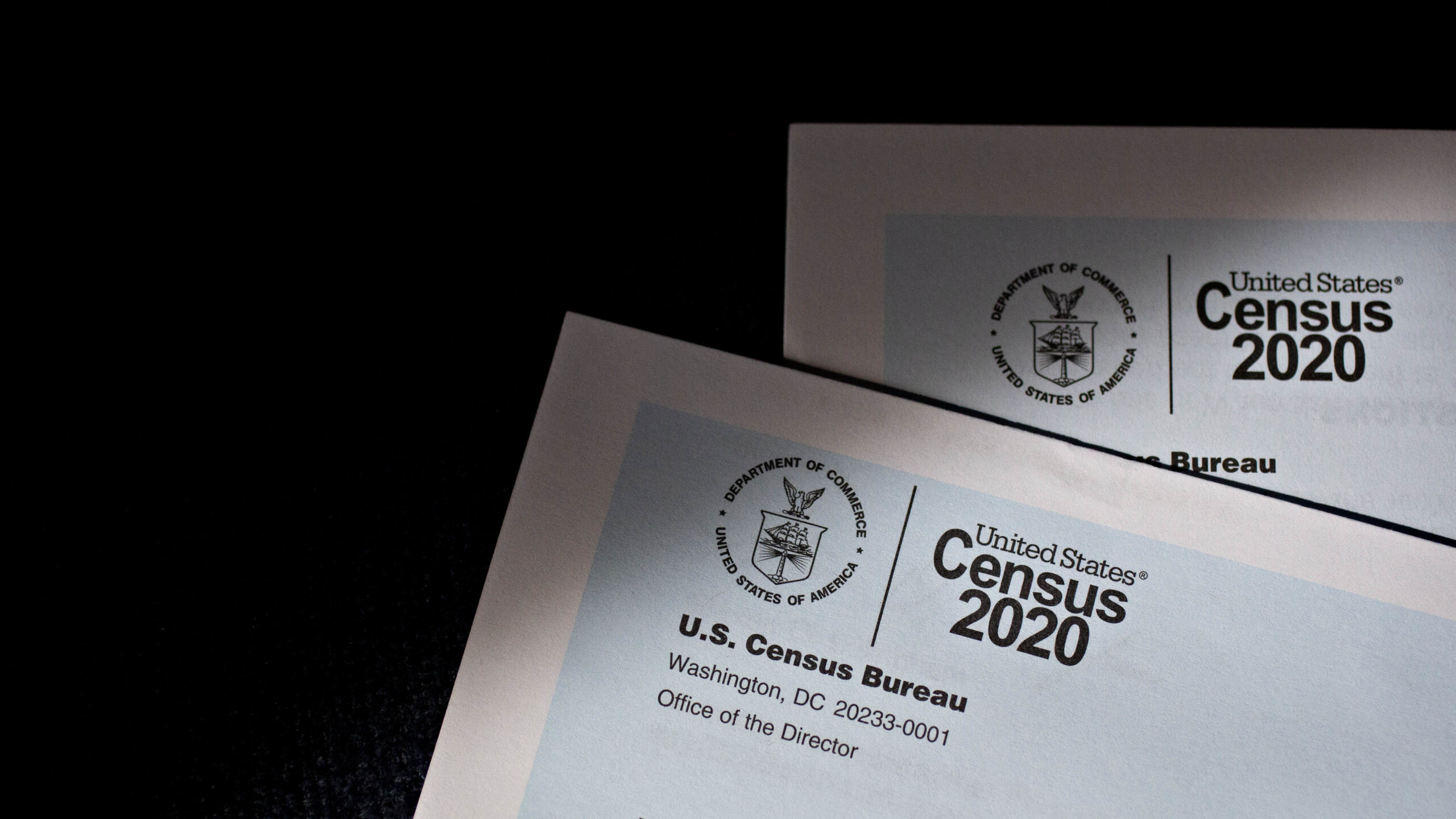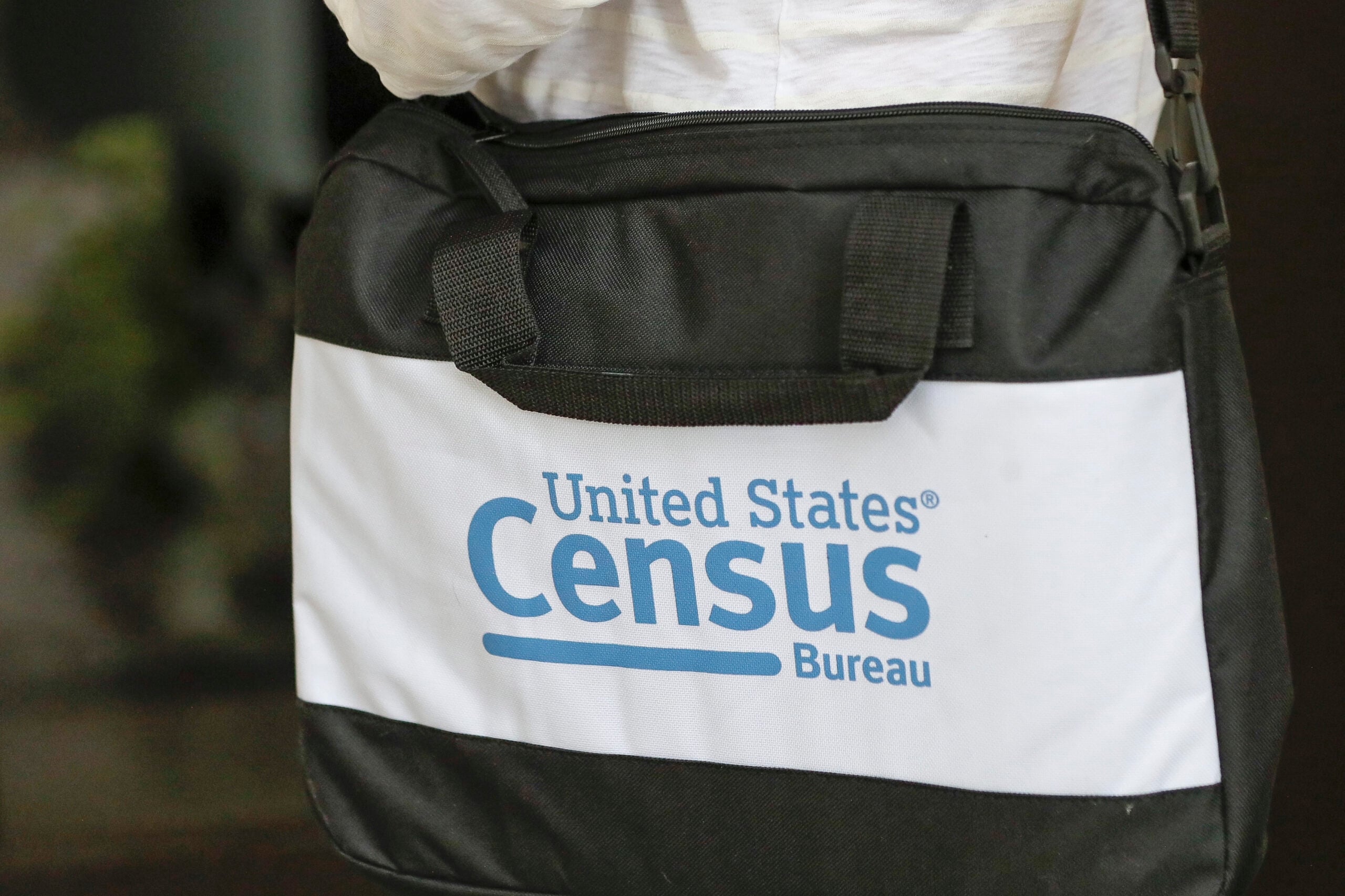Atlanta Files To Intervene In Alabama Census Court Case

Atlanta filed a motion to intervene in a court case involving the state of Alabama and the U.S. Census Bureau.
Pixabay
This week, the City of Atlanta filed a motion to intervene in a court case involving the state of Alabama and the U.S. Census Bureau.
Alabama argues that undocumented immigrants should not be counted in the upcoming Census. Dozens of cities and states, including Atlanta, oppose Alabama’s stance.
“Undocumented residents continue to make profound cultural and economic contributions to our communities, and to act is if they do not exist adversely impacts us all,” said Mayor Keisha Lance Bottoms in a statement. “It is unconscionable that in 2019 there is still a debate surrounding what defines a ‘person,’ which is why we will continue working to ensure that every resident is counted.”
The Census has been conducted since 1790. Every 10 years, as mandated by the Constitution, the Census counts every person living in the United States.
“The Census is a bedrock of democracy,” Rebecca DeHart, CEO of Fair Count, said.
The organization, founded by former gubernatorial candidate Stacey Abrams, advocates for an accurate count
“From the very inception until now, we’ve always counted everyone who is in the United States,” DeHart said.
That’s regardless of immigration status.
This summer, after a legal battle, the Trump administration relented on asking a citizenship question on the Census.
The count determines federal funding, including Medicaid, SNAP and housing assistance. According to the George Washington Institute of Public Policy, in fiscal year 2016, Georgia received more than $23 billion through various federal programs.
The count also determines political representation. After the 2010 Census, Georgia gained one congressional seat for a total of 14. After the 2000 Census, the state added two seats.
“The Census count is vital for making sure all communities get the funding they need in order to operate,” said Thomas Wolf, a lawyer with The Brennan Center for Justice, a non partisan law and policy institute.
Wolf said, for example, there’s less money for schools if all students aren’t counted.
“The student body is still going to be as large but they’re going to have a reduction in their funding,” he said.
Georgia is one of the states most at risk for a miscount in the 2020 Census. Nearly a quarter of the state’s population lives in hard-to-count areas. That includes sections of Fulton and Dekalb counties. Groups at risk for an undercount include young children, immigrants, college students, renters, people of color and people in rural areas.
Earlier this year, Mayor Keisha Lance Bottoms launched ATL Counts, an effort to inform residents of the 2020 Census. The Mayor said of the launch, “the Census is about representation of each resident and ensuring our communities are reflective of the Atlanta we see every day.”
Correction: This report has been corrected to show that Georgia received more than $23 billion in fiscal year 2016 through various federal programs, according to the George Washington Institute of Public Policy.








